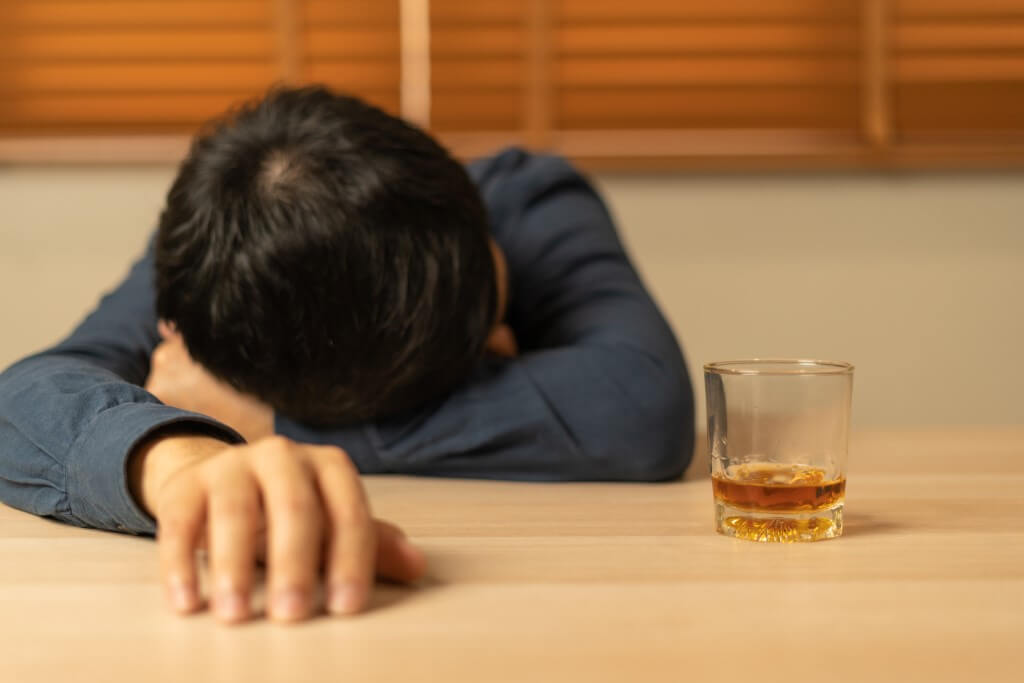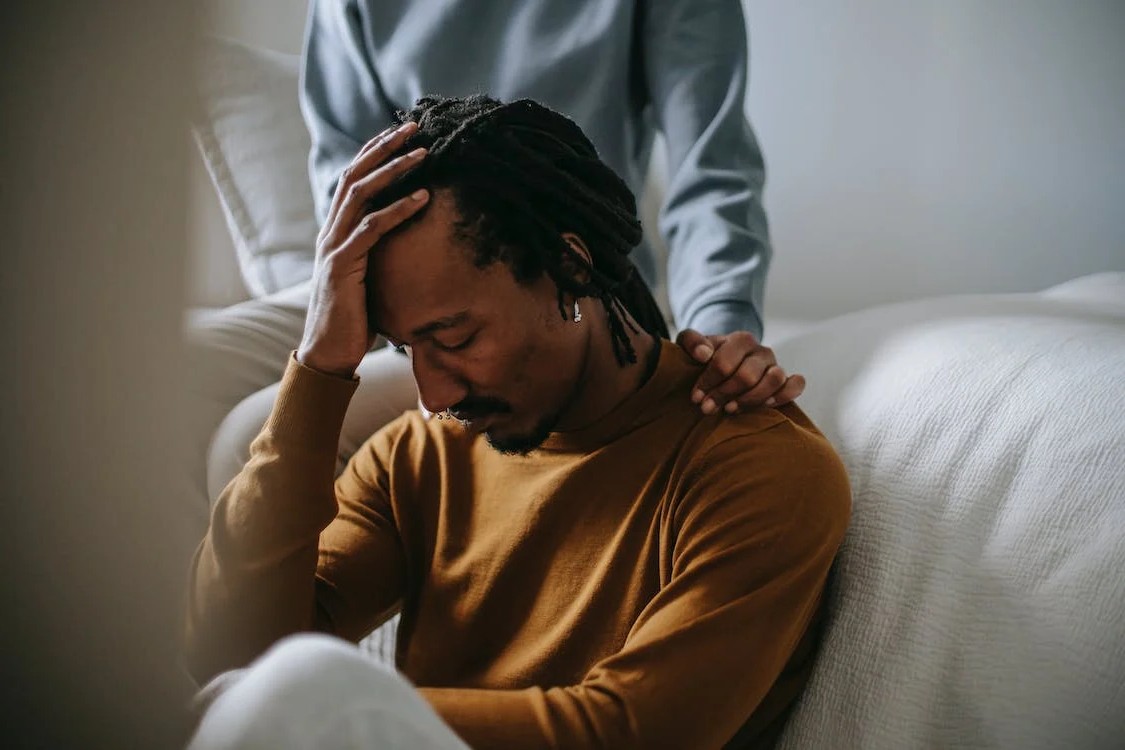When a loved one grapples with cannabis addiction, it can be a disorienting experience, making you feel helpless and unsure of how to offer your support. You may be wondering if therapy can be a helpful component in the recovery journey. This article aims to explore the role of therapy in cannabis addiction recovery and guide you in understanding the benefits it can offer.
Firstly, therapy can provide a safe and non-judgmental space for individuals dealing with addiction. In these sessions, your loved one can openly discuss their experiences, fears, and emotions associated with their use of cannabis. South African psychologists and therapists trained in addiction recovery can provide this kind of therapeutic environment where the focus is on understanding rather than blaming.
Secondly, therapy can help uncover the underlying issues that may be driving the addiction. Cannabis, like any other substance, is often used as a coping mechanism for other problems, including stress, trauma, and mental health issues. With the help of a therapist, your loved one can start to address these underlying issues, which is a crucial step towards long-term recovery.
Thirdly, therapy can equip individuals with practical tools and strategies to manage cravings and avoid relapse. Techniques like cognitive-behavioral therapy (CBT) can help change the patterns of thought that lead to cannabis use. By identifying triggers and developing healthier responses, your loved one can gain more control over their behaviour.
Lastly, therapy can facilitate healing not just for the individual dealing with addiction, but for the entire family. Family therapy sessions can help address the impact of addiction on relationships, foster understanding, and create a supportive environment for recovery.
Having explored these benefits, you might want to reflect on these thought-provoking questions:
- Have you considered the potential of therapy in supporting your loved one’s recovery journey?
Therapy plays a vital role in supporting recovery by providing a safe space for individuals to explore their thoughts and emotions, address the root causes of their addiction, and develop coping skills to handle cravings and other challenges. It can help them better understand their triggers, manage stress, and improve interpersonal relationships, which are crucial components of the recovery journey.
- How might therapy address not just the symptom (cannabis use) but also the underlying causes?
Therapy delves deeper than just addressing the act of cannabis use. It helps individuals uncover and confront the underlying issues contributing to their addiction, such as stress, trauma, mental health disorders, and unhealthy coping mechanisms. By dealing with these root causes, therapy aids in long-term recovery and reduces the risk of relapse.
- What fears or misconceptions might be preventing your loved one from seeking therapy?
Common fears and misconceptions include believing that seeking therapy is a sign of weakness, fearing judgment or stigmatization, or worrying about the confidentiality of sessions. Some people may also mistakenly believe that they can overcome addiction on their own without professional help. As a supporter, it’s essential to help dispel these misconceptions and emphasize the importance and benefits of therapy.
- How can you as a supporter encourage and facilitate therapy for your loved one?
You can play an instrumental role by openly discussing the benefits of therapy, helping research therapists and treatment options, and providing emotional support throughout the process. Encourage but don’t force them to attend therapy; it’s vital that they choose to engage in therapy willingly. Your active involvement and supportive attitude can make a significant difference in their willingness to seek and continue therapy.
- What role can you play in creating a supportive environment for recovery?
Creating a supportive environment involves understanding the challenges your loved one is facing, exhibiting patience and compassion, avoiding judgment, and celebrating their progress, however small. Encouraging healthy lifestyle changes, facilitating open conversations, and supporting them in attending therapy and support group meetings can also contribute to a conducive recovery environment.
If we look deeper into the therapeutic landscape, we can see a plethora of options that can assist in cannabis addiction recovery. This broad spectrum includes individual therapy, group therapy, family therapy, cognitive-behavioral therapy (CBT), dialectical behavior therapy (DBT), motivational interviewing (MI), and more. Each of these can offer unique benefits and can be tailored to suit your loved one’s individual needs and circumstances.
- Individual therapy is one-on-one sessions with a trained therapist, allowing for personalized attention and treatment.
- Group therapy involves people facing similar issues, providing an opportunity for shared understanding, mutual support, and learning.
- Family therapy involves family members and focuses on healing relationships and creating a supportive environment.
- Cognitive-behavioral therapy (CBT) focuses on identifying and changing negative thought patterns and behaviors.
- Dialectical behavior therapy (DBT) emphasizes mindfulness, emotional regulation, distress tolerance, and interpersonal effectiveness.
- Motivational interviewing (MI) aims to enhance motivation for change through exploring and resolving ambivalence.
This table further illustrates the role of therapy in cannabis addiction recovery:
| Therapy Type | Role in Cannabis Addiction Recovery |
|---|---|
| Individual Therapy | Personalized treatment focused on individual needs. |
| Group Therapy | Mutual support and learning from shared experiences. |
| Family Therapy | Healing relationships and creating a supportive environment. |
| CBT | Changing negative thought patterns and behaviors. |
| DBT | Emphasizing mindfulness, emotional regulation, distress tolerance, and interpersonal effectiveness. |
| MI | Enhancing motivation for change. |
Frequently Asked Questions:
- Can therapy alone treat cannabis addiction? While therapy plays a crucial role, a holistic approach combining therapy with medical treatment, lifestyle changes, and support groups can enhance the recovery journey.
- How long will the therapy process take? The duration of therapy varies based on individual needs and progress. It can range from a few months to several years.
- Can therapy help even if the person is not willing? While therapy is more effective when the person is willing, interventions can still provide some benefit and possibly increase their readiness for change.
- Is online therapy effective for cannabis addiction recovery? Yes, research suggests online therapy can be just as effective as in-person therapy, and it can provide greater accessibility for many people.
- Are there therapists specialized in cannabis addiction in South Africa? Yes, South Africa has professionals trained in addiction recovery who can provide tailored therapy for cannabis addiction.
Therapy plays a crucial role in cannabis addiction recovery. It offers a non-judgmental space for individuals to express their feelings, deal with underlying issues, learn practical skills to manage cravings, and involve their families in the healing process. Each therapy type has its unique offerings, and the choice depends on your loved one’s individual needs.
Just remember, the journey to recovery is a marathon, not a sprint. The path may be fraught with challenges, but every step taken is a step closer to recovery. And with the support of a therapeutic relationship, this journey can be a transformative one.
As the late South African president Nelson Mandela once said, “It always seems impossible until it’s done.” Keep this in mind as you help your loved one navigate their journey to recovery.



